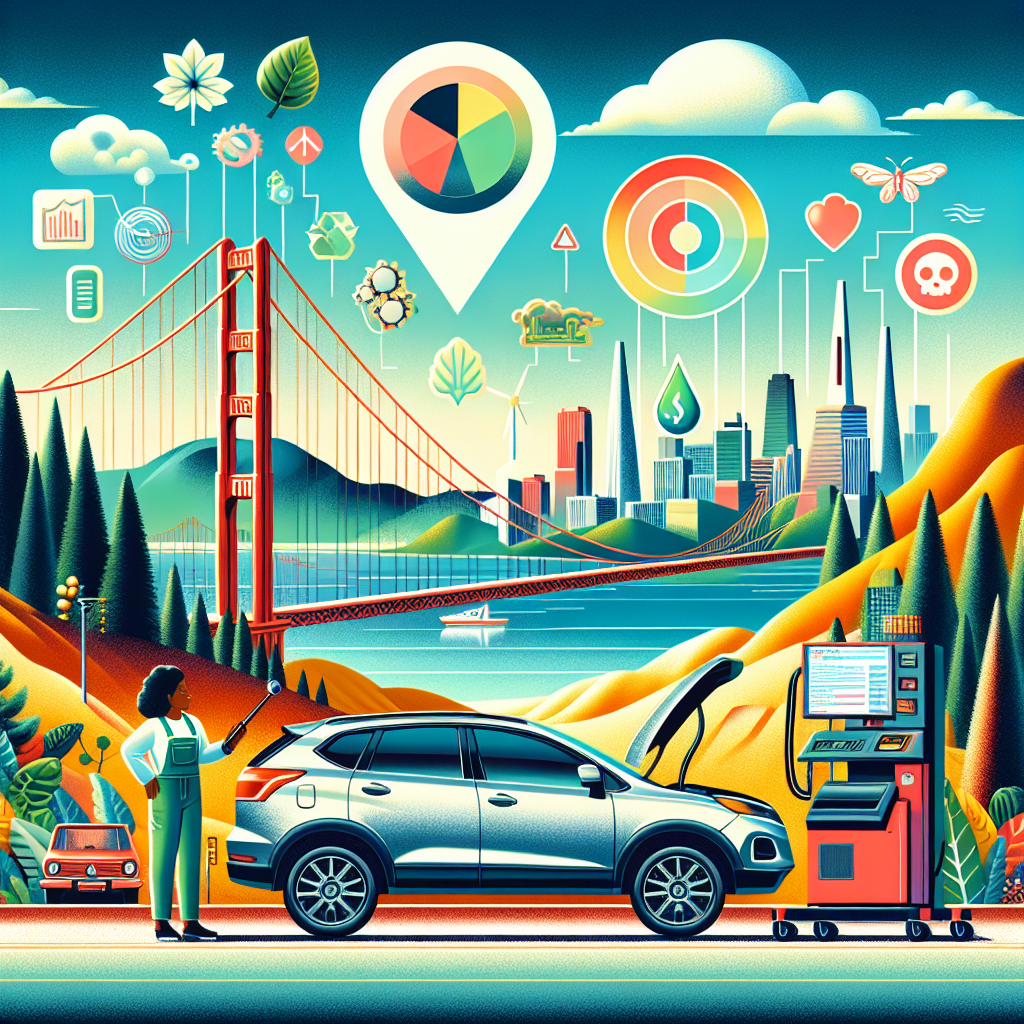Understanding the Impact of New DMV Laws on Disabled Parking Placards
Introduction
Disabled Parking Placards are very important for people with disabilities. These placards let them park close to places they need to go, making it easier for them to get around. Recently, some new laws have been made about these placards. In this post, we’ll see how these changes affect people with disabilities and everyone else.
Background on Disabled Parking Placards
Disabled Parking Placards are special permits given to people who are disabled. They allow these people to park in special spots near entrances to buildings. This is really important for them to get where they need to go safely and easily. These placards help improve the independence and quality of life for many disabled people.
Before the new laws, making sure these placards were used correctly was hard. Some people misused the placards, made fake ones, or didn’t follow the rules, which made things unfair for those who needed them.
Overview of New DMV Laws
The new DMV laws change how Disabled Parking Placards are given, renewed, and checked. These laws try to stop fraud and misuse, making sure only those who should have the placards get them. There are stricter checks for getting a placard, bigger penalties for misuse, and more training for officers on placard rules.
These changes were made to protect the rights of disabled individuals and keep parking spots available for them. Over the past few years, the laws have been made stricter.
Impact on Enforcement Practices
Better Checks and Identification
A big advantage of the new laws is that it’s easier for officers to check if placards are real. New technology allows officers to verify placards quickly, making sure only the right people use them. There are databases that help officers see if a placard is actually legitimate.
Harsher Penalties for Misuse
The new fines and penalties are meant to stop people from misusing Disabled Parking Placards. Before, penalties were not very tough. Now, anyone caught using fake placards or someone else’s placard faces bigger fines and more serious consequences.
Training for Officers
There is also more training for the officers who enforce these laws. Now they have the tools to spot fake placards and make sure the real ones are being used correctly.
Effects on Individuals with Disabilities
The new laws have made more parking spaces available for people with disabilities, which is great for them. However, there’s some worry that getting or renewing a placard might be hard for some people. It’s important that this process isn’t too complicated for those who really need the placards.
Challenges in Implementation
There have been some challenges with these new laws. It’s been hard to make sure everybody follows the rules, and not everyone was happy with the stricter enforcement. To help with this, there have been public awareness efforts to help people understand why these changes are important.
Future Implications
Looking forward, these laws will help people respect parking rules meant for the disabled more. But we need to keep checking and improving the laws to make sure they’re fair and easy to follow.
Conclusion
In short, the new DMV laws help protect parking rights for people with disabilities. It’s important for everyone to follow these rules so that parking spaces are used correctly. It takes everyone working together to make sure our society is fair and accessible for everyone.
Call to Action
Everyone can help by following the rules and reporting any misuse of Disabled Parking Placards. To learn more about getting or renewing a placard, visit your local DMV or talk to groups that help people with disabilities. Together, we can make our community more welcoming for everyone. And if you’re ever in San Diego, don’t forget to pay a visit to Tags Clinic at 3845 University Ave, San Diego, CA or call 619-777-9046. For more information, you can visit their website here.









